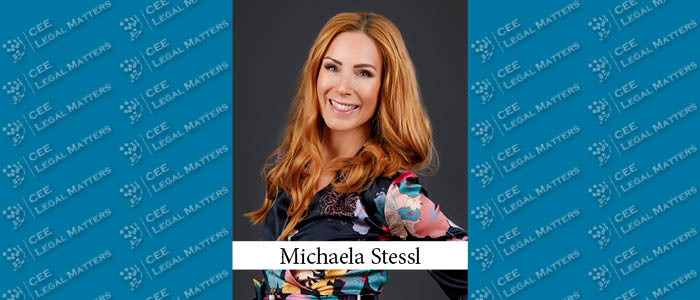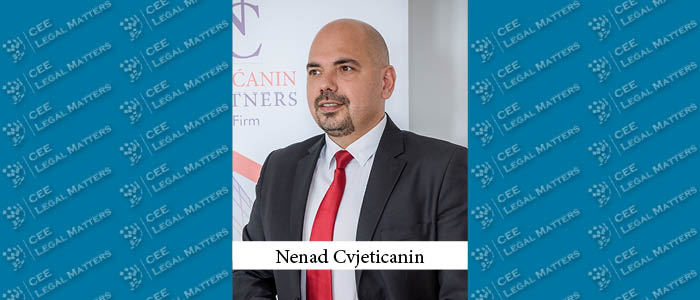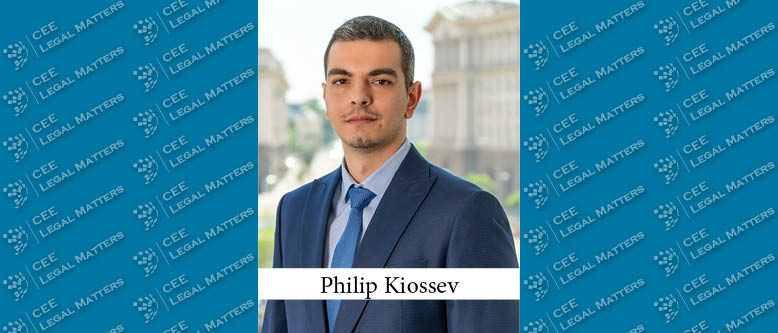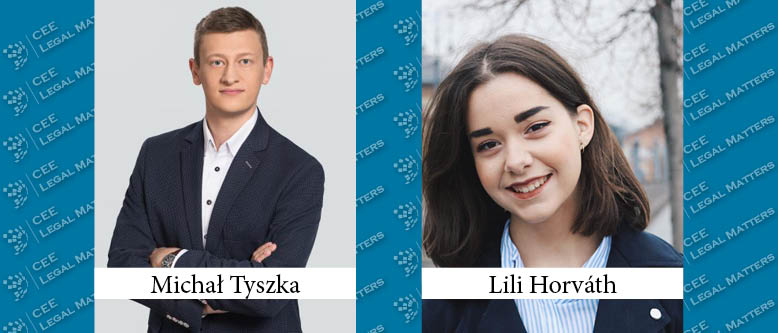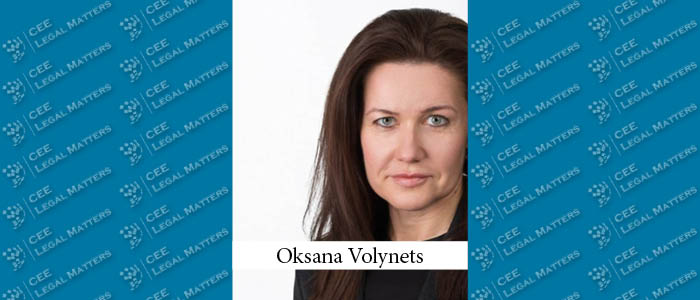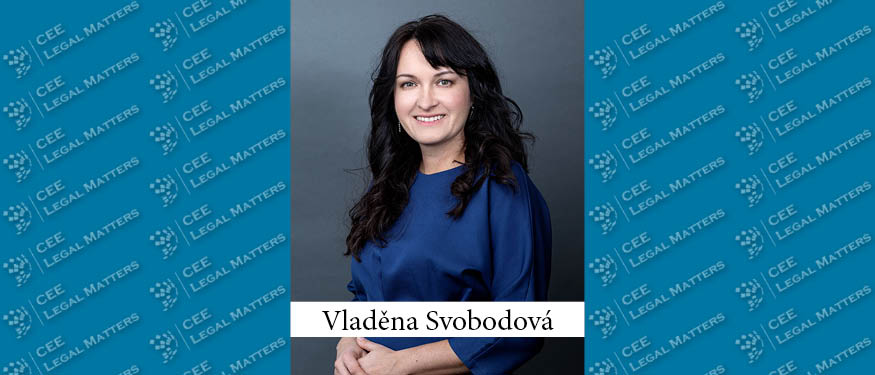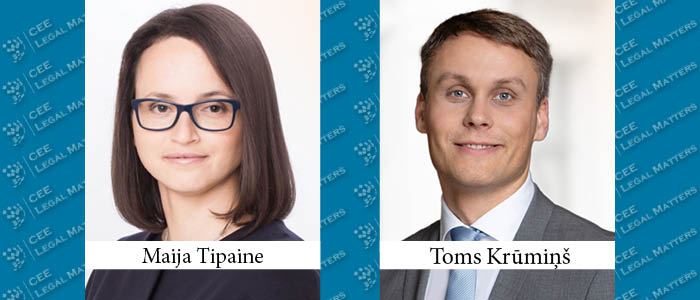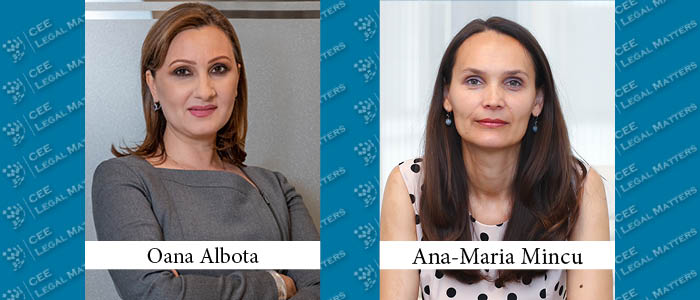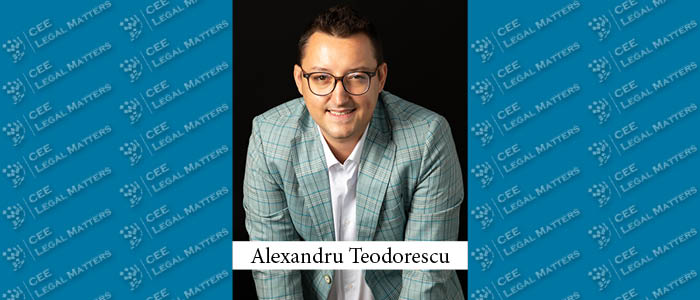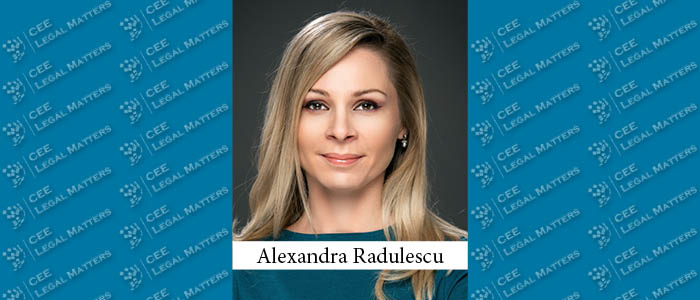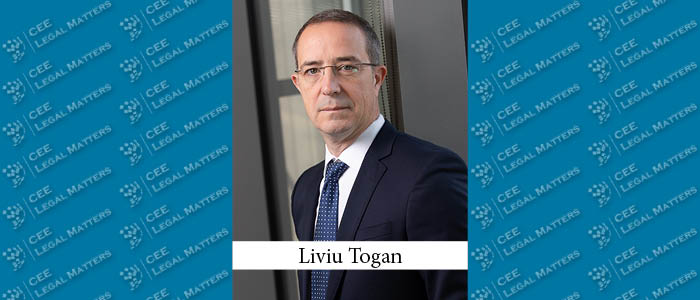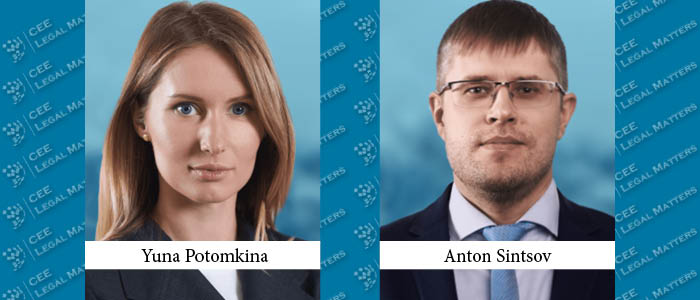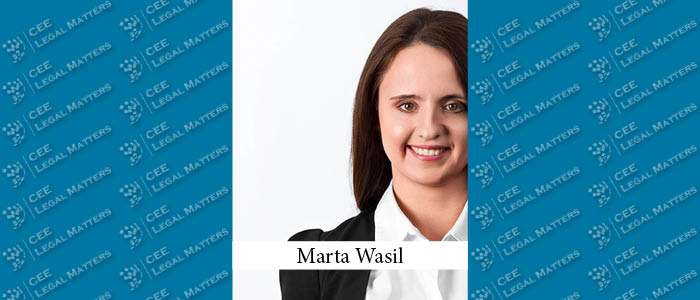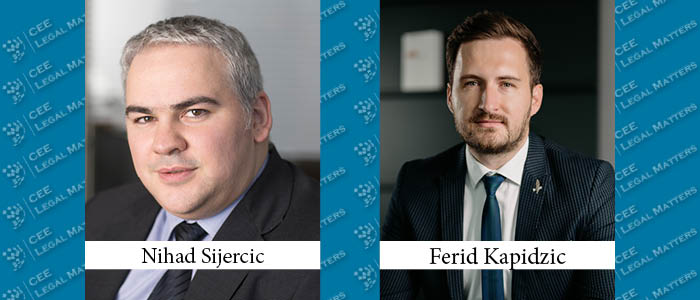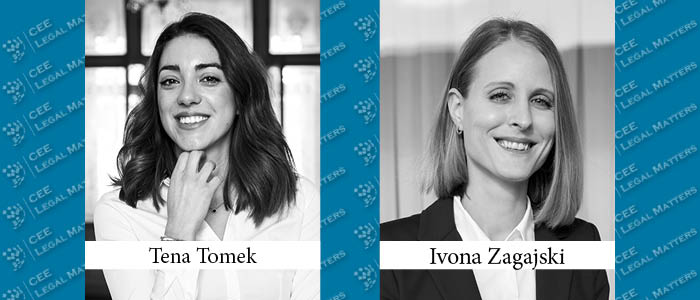The Slovak government proposes a bill introducing indirect tax on sweetened non-alcoholic beverages with added sugar or sweeteners. Due to the voting majority in the National Council, it may be expected that the bill will be passed and will become effective from 1 January 2025.
Automatic Exchange of Information Regarding Financial Accounts with Ukraine Will Be in Place from September 2024
Since July 1, 2023, Ukraine has been a member of the international automatic exchange of information regarding financial accounts pursuant to the Common Reporting Standard (CRS). The international exchange of information includes 123 countries (as of May 2024).
Consolidation of Corporate and IP Law Firms on Serbian Market
The market for corporate law firms in the Republic of Serbia has undergone significant change.
Bulgaria Publishes a Draft Bill to Update Its Consumer Protection Act in Line With GPSR and Class Action Directive
On June 12, 2024, the Bulgarian Council of Ministers released a draft bill for public discussion, aiming to revise the Bulgarian Consumer Protection Act (“CPA”) to align with the requirements of the General Product Safety Regulation 2023/988 (“GPSR”) and the Class Action Directive 2020/1828 (the “Class Action Directive”).
Greenwashing in Poland and in Hungary
Nowadays, climate and environmental issues are increasingly important to many consumers. Being “eco” has become fashionable nowadays. Environmental issues are now recognized as an important market factor that allows a given company to improve its market position.
Ukrainian Capital and Commodity Markets: Enhancement to Regulator’s Powers and Other Regulatory Developments
On 27 April 2024, the Law of Ukraine, titled “On Amendments to the Law of Ukraine ‘On State Regulation of Capital Markets and Organised Commodity Markets’ and Certain Other Statutory Acts of Ukraine Concerning Regulation and Supervision of Capital Markets and Organised Commodity Markets” (the Law), came into effect.
Pay or Enjoy Behavioural Advertising
Have you noticed the latest development in the placement of behavioural advertising? You have basically a binary choice between consenting to the processing of a "complex" bundle of your personal data for behavioural advertising purposes or paying a fee. After paying the fee, you can use the platform without being targeted by behavioural advertising.
Latvia Introduces a Set-Aside Mechanism and Other Needed Changes to Its Arbitration Law
Latvia has recently taken significant steps to amend its arbitration law, introducing a set-aside mechanism among other necessary changes. This article provides an overview of the background to these changes, the specifics of the new set-aside mechanism, and other amendments made to the Latvian arbitration law.
Issues Raised by the ANPC During Thematic Inspections of Real Estate Developers
The National Authority for Consumer Protection (ANPC) recently organized thematic controls of real estate developers of residential projects to verify their compliance with the legal provisions on consumer protection.
Enhancing Workplace Harassment Regulations: An Examination of Romania’s Latest Legislative Efforts
Workplace harassment is a global issue that undermines the dignity of people and the productivity of employers. Recognizing the need for firm legislative measures, Romania has legislated significant changes to create a safer and more equitable work environment. A key development is the 2023 Methodology for Preventing and Combating Gender-Based and Moral Harassment at Work (Methodology), approved by Government Decision No. 970 on October 12, 2023. This article examines the content of this methodology, its integration with international legal instruments such as the ratification of the 2019 ILO Convention No. 190, and the recent adoption of the EU Whistleblowers’ Directive.
The Life Sciences Industry in Romania: State of Play and What We Can Further Expect
Life sciences in Romania, encompassing pharmaceuticals, biotechnology, and medical devices, is a sector marked by both significant challenges and promising opportunities. As the country continues to integrate into the European Union’s regulatory and economic frameworks and as those frameworks evolve and become more complex, Romania faces the constant task of aligning its local industry with European and international standards. This alignment is crucial for fostering innovation, ensuring public health, and attracting foreign investment. The industry’s growth is influenced by many factors, such as financing, pricing and reimbursement, regulatory compliance and product liability, and sustainable public procurement tools and processes.
Increase in the Number of Investigations Concerning Fraudulent Use of EU Public Funds
The European Public Prosecutor’s Office (EPPO) is an independent body of the European Union (EU) tasked with investigating criminal cases infringing the financial interests of the EU. The EPPO was formally established in 2017 and started operations in 2021. The first and current head of the European Chief Prosecutor is Laura Codruta Kovesi, former Chief Prosecutor of the National Anticorruption Directorate (Directia Nationala Anticoruptie; DNA), the Romanian agency tasked with investigating corruption cases.
Romanian Parliament Lends a Helping Hand to Local Authorities in the Field of Urbanism
The Romanian Parliament has recently passed a new piece of legislation (“Law 124/2024”) allowing local authorities to extend until 31 December 2026 the validity term of the general urbanism plans (in Romanian: “planuri de urbanism generale” or “PUG”), which were drawn up and approved before 2003. Law 124/2024 entered into force on 10 May 2024 and approved Government Ordinance no. 33/2023 regarding the prolongation of certain validity terms in the urbanism and construction field (“GO 33/2023”).
To read, or Not To Read, That Is Not the Question Anymore. Changes to the Reading Obligation in Notarial Procedures in Hungary
The Hungarian Parliament recently adopted amendments to the notarial procedure, introducing significant changes that affect the reading of documents during notarial acts from 1 January 2025.
E-Reservation and Changes to the Reservation Procedure
On 5 June 2024, the Cabinet of Ministers of Ukraine adopted Resolution No. 650 (hereinafter referred to as “Resolution No. 650”), which approves the Procedure for Reservation of Persons Liable for Military Service during Martial Law by means of the Unified State Web Portal of Electronic Services (hereinafter referred to as “Portal Diia”).
Employment Brief: The implementation of the EU Whistleblowing Directive in Poland is Imminent
The bill on the protection of whistleblowers in Poland is at the final stage of the legislative process and the core provisions have been set.
Bosnia and Herzegovina: A New Wave of Energy Legislation
Bosnia and Herzegovina (BH) has embarked on a transformative journey in its energy sector as both Republika Srpska (RS) and the Federation of Bosnia and Herzegovina (FBH) initiated comprehensive amendments of the energy legislative framework in an effort to reshape the country’s energy sector landscape and align the legislation with Energy Community regulations, EU acquis, and international standards and best practices.
Croatia: New Energy Market Participants
Renewable energy is a key priority within the EU due to its goal of achieving climate neutrality by 2050. This has intensified following the energy crisis experienced in 2021 and 2022. Against the backdrop of the post-crisis environment, and driven by the REPowerEU initiative, Croatia is adopting crucial legislation – the Rules on the organization of the wholesale electricity markets (Rules).

